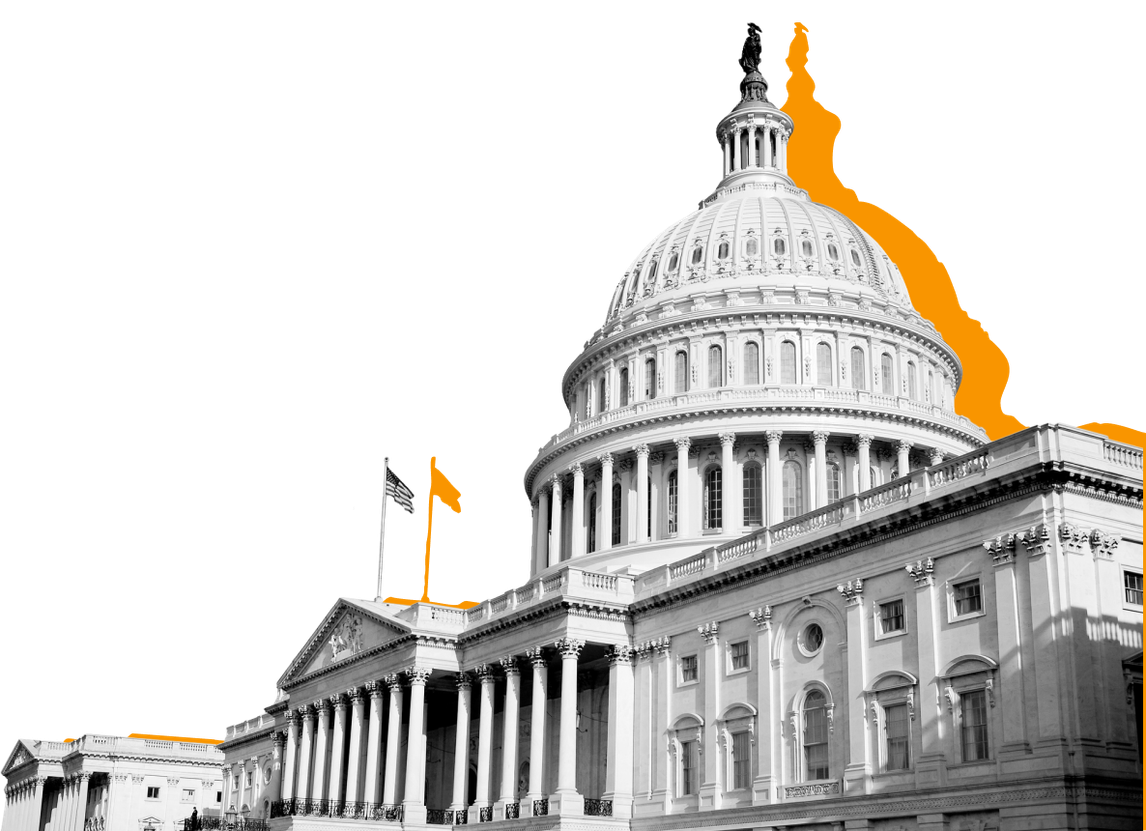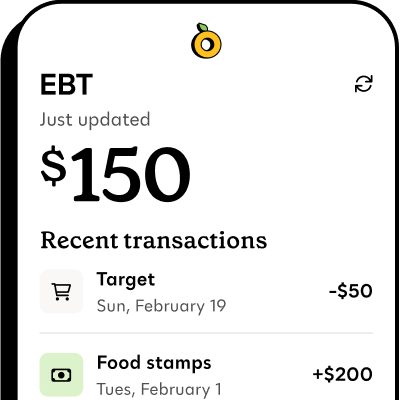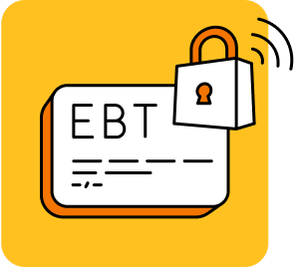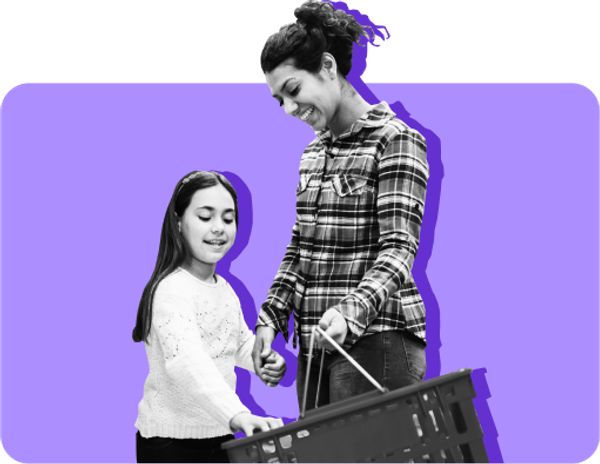

Additional expert review by
No, despite recent headlines about the Trump administration and the food stamps program, household SNAP benefits have not been reduced or frozen as of May 2025, although the Trump administration has cut around $1 billion of funding for food aid programs like food banks.
If you’re one of the millions of Americans who receive monthly SNAP benefits, expect your deposits to continue arriving on their regular schedule. The Propel app can help you stay updated on any benefits news, including deposit amounts and schedules.

Propel is the #1-rated EBT balance checking app
Is there a DOGE SNAP bill?#is-there-a-doge-snap-bill
If you’ve heard of any changes that the Department of Government Efficiency (DOGE) officials are making to SNAP, you may be thinking of the temporary spending freeze the President’s Office of Management and Budget (OMB) rescinded on January 29, which did not affect SNAP payments.
You may also have heard about the “Snap Back Inaccurate SNAP Payments Act” announced in January by Iowa Senator Joni Ernst, who is also the chair of the Senate DOGE Caucus.
This is a bill focused on state administration, not on freezing SNAP payments or reducing benefit amounts for families who qualify for SNAP.
It's designed to penalize states for what's called "overpayment errors"—when benefits are issued to ineligible households or when eligible households receive more than they're entitled to under program rules.
These overpayment incidents are actually very rare. The SNAP program has a very comprehensive quality control system, and both state and federal governments monitor error rates every month.
Will the Trump administration make future cuts to SNAP?#will-the-trump-administration-make-future-cuts-to-snap
It’s possible. The U.S. House of Representatives has passed a budget resolution that calls for $230 billion in cuts over the next 10 years to the category of federal spending that includes SNAP and other nutrition programs.
If related legislation advances, there could be cuts to public benefits like SNAP at some point, but right now there aren’t any freezes or pauses to SNAP payments planned.








